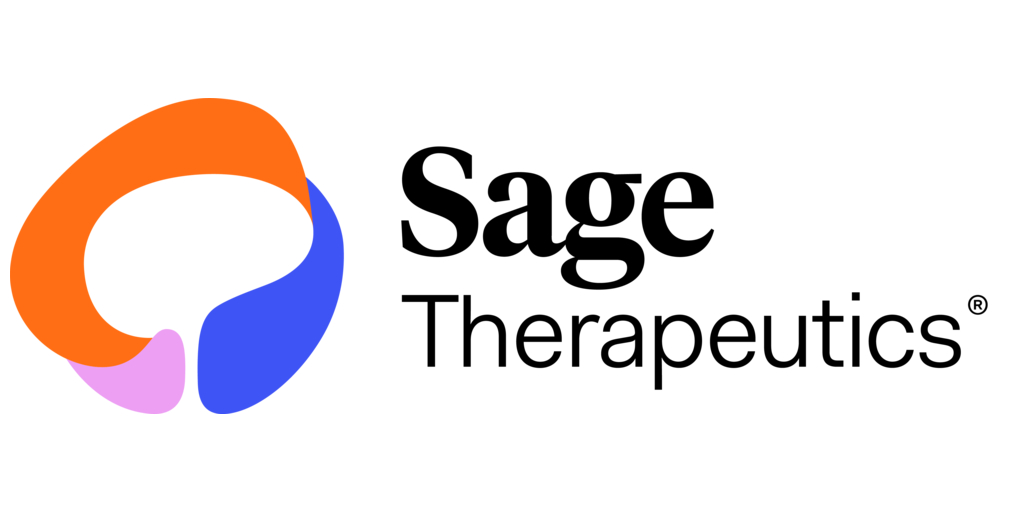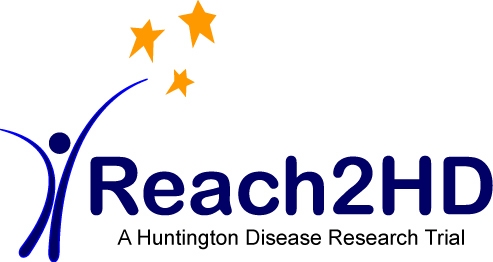Research & Trials
- Participate in a Clinical Trial
- Brain Bank
- Clinical Studies Explained
Clinical trial and study information is updated periodically. Trials listed on this page may be closed. To confirm clinical trial or study availability, contact:
Jody Corey-Bloom, M.D., Ph.D.
Phone: 858-249-0568
Email: jcoreybloom@ucsd.edu
ENROLLING NOW: A single-center observational study designed to assess the impact of chorea on daily tasks, such as working, writing, and eating. The CFIQ consists of 14 items, with both a participant and a companion version, and takes about 2 minutes to complete. The study will be conducted at UCSD.

Enroll-HD: A Prospective Registry Study in a Global Huntington's Disease Cohort
ENROLLING NOW: A longitudinal, observational, multinational study that will integrate two existing Huntington's Disease (HD) registries, REGISTRY in Europe and COHORT in North America and Australia, while also expanding to include sites in Latin America and Asia. With no end date and annual assessments, the goal of Enroll-HD is to build a large and rich database of longitudinal clinical information and biospecimens. This database will serve as a basis for future studies aimed at developing tools and biomarkers for progression and prognosis, identifying clinically relevant phenotypic characteristics, and establishing clearly defined endpoints for interventional studies.

ENROLLMENT CLOSED TEMPORARILY: The DKEFs (Delis-Kaplan Executive Function System) study is seeking participants to test a novel, iPad-based cognitive assessment specifically designed to detect subtle changes in thinking patterns associated with HD.
This is your chance to be among the first to experience this dynamic new assessment. The DKEFs is a comprehensive cognitive test battery that takes approximately 90 minutes to complete. As a participant, you'll receive $75 in compensation for your time and contribution.
We have exclusive access to this iPad-based DKEFs battery until the end of the summer, so don't miss this unique opportunity! Learn more about the DKEFs study and see if you qualify to participate in this groundbreaking research today!
ENROLLMENT CLOSED: The Canary Speech Assessment is a brief, 10-minute test that analyzes your speech patterns to gain valuable insights into HD progression. This innovative research tool uses your voice to potentially identify a new biomarker for the disease.
By participating in this study you'll be helping researchers understand how speech can offer valuable clues about motor function. This could lead to earlier detection, better monitoring, and ultimately, improved care for people living with HD.
Are you interested in making a difference? Learn more about the Canary Speech Assessment and see if you qualify to join this groundbreaking research study by calling or emailing!

DIMENSION (Sage Therapeutics) was a randomized, multicenter, double-blind, placebo-controlled
phase II clinical trial to evaluate the efficacy and safety of the compound SAGE-718 in early
Huntington's Disease patients.
STUDY COMPLETED: The purpose of the study was to evaluate the efficacy and safety of SAGE-718
in early-HD subjects. The study lasted approximately 3-4 months per participant.

PURVIEW (Sage Therapeutics) was an open-label Phase 3 safety study of SAGE-718 in people with HD cognitive impairment.
ENROLLMENT CLOSED: The study aimed to evaluate the long-term safety profile and compare performance against HD natural history studies in subjects who previously participated in the DIMENSION study. Enrollment for subjects is currently closed.

KINECT-HD2 (Neurocrine) was a randomized, multicenter, open-label phase III clinical trial to evaluate the efficacy and safety of the orally active VMAT2 inhibitor Valbenazine in Huntington's Disease patients. The study is looking to recruit HD participants between the ages of 18-75 who are exhibiting chorea.
STUDY COMPLETED: The purpose of the study was to evaluate the long-term efficacy and safety of Valbenazine in HD subjects.

PROOF-HD was a randomized, multicenter, double-blind, placebo controlled, phase III study, conducted by Prilenia Therapeutics, evaluating the efficacy and safety of Pridopidine in patients with early stage HD.
STUDY COMPLETED: The purpose of the study was to evaluate the efficacy, safety, biomarker effects, and functional maintenance of Pridopidine compared with placebo in subjects with early stage HD.

Triplet's SHIELD-HD study is a observational study that investigated how Huntington's Disease progresses over time.
STUDY COMPLETED: The purpose of the study was to observe disease progression for patients with varying manifestations of Huntington's Disease. Key findings may be used to help researchers initiate genetic therapies for HD.

A Randomized, Multicenter, Double-Blind, Placebo-Controlled, Phase III Clinical Study to Evaluate the Efficacy and Safety of Intrathecally Administered RO7234292 (RG6042) in Patients with Manifest Huntington's Disease.
STUDY COMPLETED


VACCINEX is a Phase 2, Multi-center, Randomized, Double-blind, Placebo Controlled Study in Subjects With Late Prodromal and Early Manifest Huntington Disease (HD) to Assess the Safety, Tolerability, Pharmacokinetics, and Efficacy of VX15/2503
STUDY COMPLETED


OMEROS: Phase 2 Randomized, Double-Blind, Placebo-Controlled, Sequential, Cohort Study to Evaluate Safety and Efficacy of OMS643762 in Subjects with Huntington’s Disease
STUDY COMPLETED

Pride-HD: A Phase 2, Dose-Finding, Randomized, Parallel-Group, Double-Blind, Placebo-Controlled Study, Evaluating the Safety and Efficacy of Pridopidine 45 mg, 67.5 mg, 90 mg, and 112.5 mg Twice-Daily Versus Placebo for Symptomatic Treatment in Patients With Huntington's Disease
STUDY COMPLETED

Reach2HD: A randomized, double-blind, placebo-controlled study to assess the safety and tolerability, and efficacy of PBT2 in patients with early to mid-stage Huntington disease.
STUDY COMPLETED
SIENABIOTECH: Open-label Food Effect Study With SEN0014196 in Subjects With Huntington’s Disease
STUDY COMPLETED
Huntington’s Study Group’s vUHDRS is an observational study that is investigating how
Huntington's Disease patients can manage having longitudinal neuropsychiatric testing done
virtually.
ENROLLING NOW: The purpose of the study is to observe participation for patients with
varying manifestations of Huntington's Disease. Key findings may help implement virtual visits
for testing where needed for patients who were previously unable to participate in longitudinal
studies.